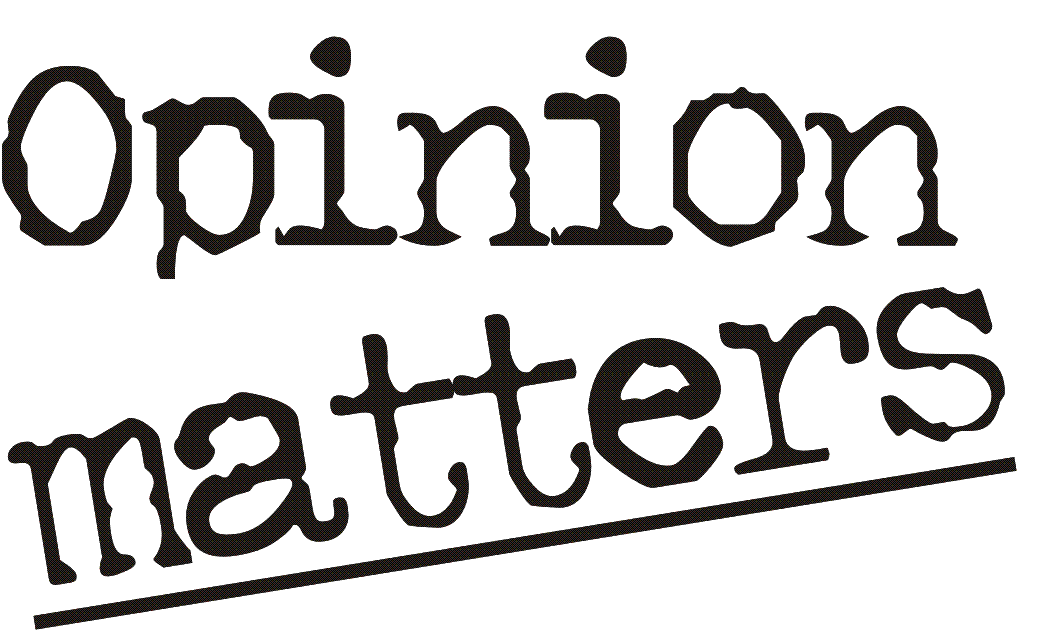Seelenlos
Revived Degenerate

Introduction
As a person who has two years of experience in debating ( both formal/informal) it somewhat annoys me when someone's retort is " it's just your opinion." While everyone is entitled to their opinion, I believe the phase to be somewhat dismissive. Opinions are views or judgements that we hold about many relevant issues and that is why it is of importance to discuss them openly. Even if some opinions are deeply held by an individual that does not affect the merit of the opinion. Especially, when some opinions are poorly formed or supported by weak arguments/evidence.
I would like to explain why some opinions can be "better" than others based on several factors. To even start we need a clear definition of an opinion as well as discussing subjectivity vs. objectivity:
Opinion (n) - a belief or judgment that rests on grounds insufficient to produce complete certainty.
Objectivity (n) - the state or quality of being true even outside of a subject's individual biases, interpretations, feelings, and imaginings.
Subjectivity (n) - refers to how someone’s judgment is shaped by personal opinions and feelings instead of outside influences.
Objective vs Subjective
The importance of objectivity is that is able to be true outside of feelings and personal opinions. It is therefore consistent since it outside of subjective experiences. For example, 1 + 1 = 2 is true regardless of what culture or values a person is exposed to. Subjectivity is inconsistent since each person's experiences are obviously different from each other. For example, two people from two different parts of the world might have opposing views on an issue. How does this relate opinions? Well objectivity ( as well as a form of subjectivity) plays an important part in making arguments. Arguments use evidence as well as logic to support an opinion and give it merit. This begins to explain why some opinions can be better than some.
Arguments
Arguments are a series of statements used to support an opinion that is formed. A good argument can make an opinion stronger than others and enable the person holding it to convince other that they should change their opinions. In order for a good argument to made it must be both valid and sound.
Validity means that the argument's premises which lead to the conclusion follow. For example:
P1: Dan is a man.
P2: All men are dragons.
C1: Therefore Dan is a dragon.
As long as the premises are true the argument is strong. However the premises are obviously not true which makes this argument valid but unsound since its premises are untrue. It is possible to have a valid but unsound argument.
Soundness means if a premise is either true or not. For example:
P1: Some men are aristocrats.
P2: Some aristocrats are rich.
C1: Therefore, some men are rich.
While the premises are true, this argument is invalid. The structure can easily be substituted with other true premises but would not make an valid argument. For example:
P1:Some people are herbivores.
P2:Some herbivores are zebras.
C1: Therefore, some people are zebras.
What determines whether a premise is true or not is objective evidence. Objective evidence is reliable since it is determined outside of our personal biases. Objective evidence can be scientific, statistical, or mathematical.
Informed vs Uninformed
Although subjectivity is vulnerable to our personal biases it does not mean it is automatically invalid as support evidence. Informed opinions are assessments based on an expert's experience and knowledge. it is subjective since they are an authority on any issue their opinion holds more weight. Making an argument using an expert's' opinion is called an argument from authority:
P1: A is an authority on a particular topic
P2: A says something about that topic
C1: A is probably correct
Arguments from authority can be weaker or even unsound than arguments based on objective evidence since a valid argument from authority depends on a variety of factors:
I. Objective evidence does not contradict what the authority is saying.
II. The authority is appropriate to comment on a particular topic.
III. The authority's view is within the consensus ( unless objective evidence supports the authority. )
Conclusion
Hopefully this thread has addressed the basic principles of opinions and provided valid reasons why some opinions can be better than others. Please reply if you have any questions or views about this thread.
Last edited by a moderator:

